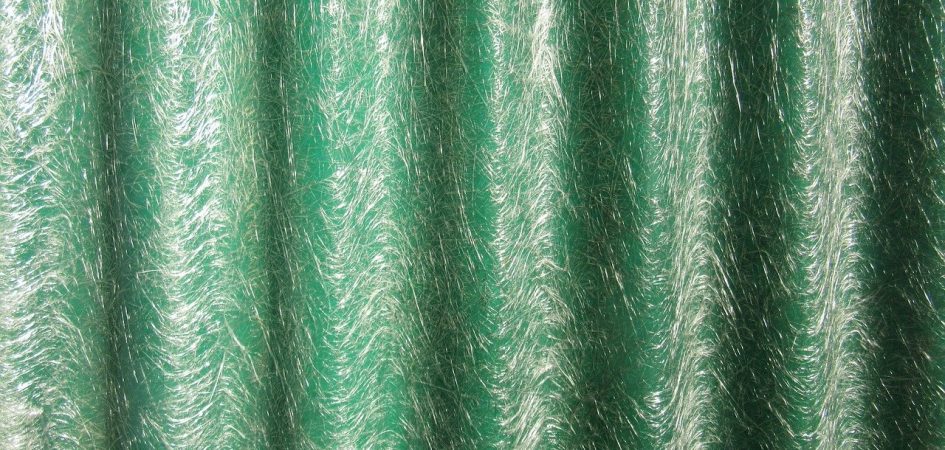
Published on: 07 July 2021

British Marine is supporting the Government’s Trade Remedies Authority (TRA) in their investigations into whether trade remedies are needed to prevent injury to UK industries caused by unfair trading practices and unforeseen surges in imports.
As part of the work needed to create a UK-specific trade remedies system outside the European Union (EU), the TRA is undertaking transition reviews into existing EU trade remedy measures to ascertain their effects on UK industries. Among these, they are currently progressing the anti-dumping and anti-subsidy transition reviews in respect of continuous glass fibres from the People’s Republic of China.
- TD0008: Anti-dumping transition review: continuous filament glass fibre products originating in the People’s Republic of China
- TS0009: Anti-subsidy transition review: continuous filament glass fibre products originating in the People’s Republic of China
The conclusion of the transition reviews will result in the UK continuing, varying or removing the anti-dumping and anti-subsidy measures in place which could affect the existing import duties on continuous glass fibres from the People’s Republic of China. More information about the transition review process can be found here.
Continuous glass fibres have a variety of applications in many industries, including wind energy, transportation (aerospace, automotive, marine), building and construction, electrics/electronics.
As marine is one of the downstream industries potentially affected by anti-dumping and anti-subsidy duties on continuous glass-fibres from the People’s Republic of China, the TRA would be interested to find out industry views on how the outcome of these investigations could impact the leisure marine sector.
In addition, there is an ongoing new investigation that was initiated on 21 June, concerning imports of aluminium extrusions from China: AD0012.
The goods subject to investigation (the Goods Concerned) are:
Bars, rods, profiles (whether or not hollow), tubes, pipes; unassembled; whether or not prepared for use in structures (e.g. cut to length, drilled, bent, chamfered, threaded); made from aluminium whether or not alloyed, containing not more than 99.3% aluminium. The product concerned is commonly referred to as ‘aluminium extrusions’, referring to its most common manufacturing process even if it can also be produced by other production processes such as rolling, forging or casting.
British Marine would encourage members to contribute their views to these investigations. Companies and various organisations can register their interest and submit questionnaire responses using the online platform Trade Remedies Service (TRS).

